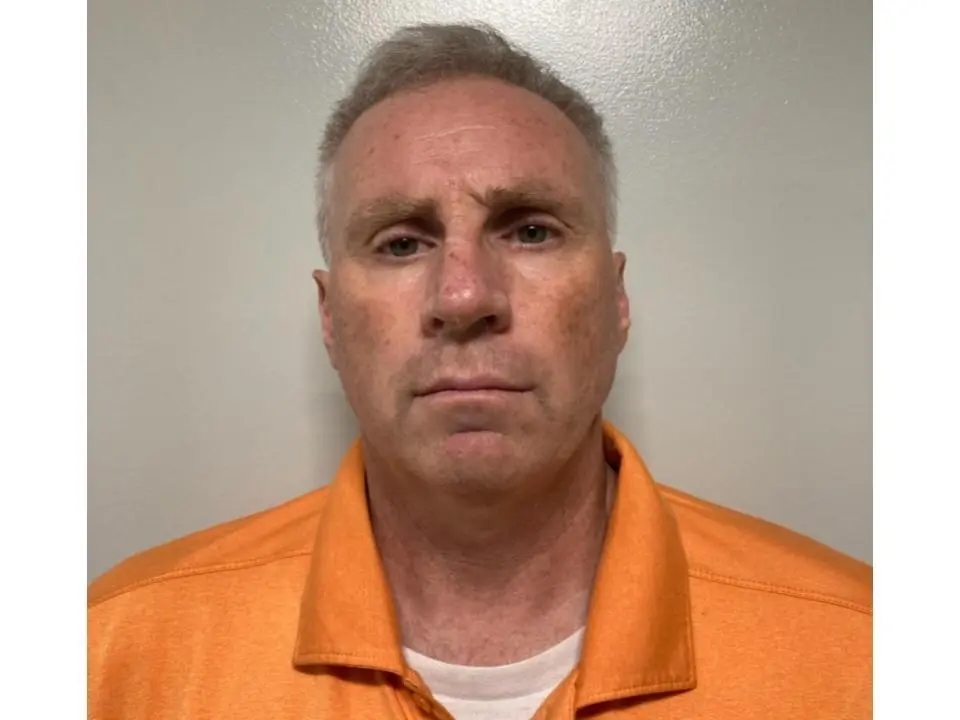By DAMIEN FISHER, InDepthNH.org
Under investigation for child abuse, former Division for Children, Youth and Families employee Deborah Bradley and her husband, Kenneth Bradley, thought they were having a private conversation in their lawyer’s office.
But an audio recording of that supposedly private talk was found on a family iPad that police later seized in the investigation. And now, the New Hampshire Supreme Court says prosecutors can introduce that audio into evidence against Deborah Bradley despite her marital privilege.
A unanimous ruling released Wednesday by the Supreme Court affirms the right to spousal privilege, meaning a husband or wife cannot be made to divulge private, marital conversations during court testimony. But the Court ruled that privilege does not extend to other forms of evidence, like an audio recording of a private conversation between spouses.
“By its plain language, the spousal privilege in Rule 504 precludes only testimony about confidential marital communications … The rule does not preclude the introduction of marital communications by other means,” the justices ruled.
Kenneth Bradley, 59, is facing several counts of felonious sexual assault and sexual assault for the alleged abuse of his child, according to court records. Deborah Bradley, 59, is charged with felonies for being an accomplice by falsifying evidence and witness tampering.
Deborah Bradley was fired by DCYF four days before her husband was indicted in 2021. She had been employed as a connection specialist for foster children and adopted children starting in 2019, when the alleged assaults occurred. But Deborah Bradley had been a contract employee with DCYF since at least 2016, lending her expertise to the state as an adoptive mother.
According to court records, Deborah Bradley erased videos of Kenneth Bradley acting “inappropriately” with a child, and threatened to “unadopt” the alleged victim if she did not deny the abuse.
Deborah and Kenneth Bradley were public advocates for adoption, and garnered media attention due to their own status as adoptive parents. At the time the investigation into the alleged sexual assault kicked off, the couple lived with one biological child, four adopted children, and two foster children.
Deborah Bradley, whose criminal case is still pending trial, filed an appeal with the Supreme Court after Superior Court Judge Amy Ignatius ruled to allow the audio into evidence. Deborah Bradley claimed such evidence is covered by the spousal privilege rules.
It’s not clear who made the audio recording of the conversation, and the content of what they discussed has not yet been divulged. The Supreme Court ruling states that at least a portion of the recorded conversation deals with “ongoing criminal conduct.”
The couple was aware police were investigating Kenneth Bradley’s alleged abuse of the girl in the summer of 2021. During the police inquiry, the couple met with Kenneth Bradley’s attorney in the lawyer’s office. The lawyer made Deborah Bradley turn off her cell phone, but either Kenneth Bradley or Deborah Bradley brought in the iPad the couple owns. The attorney told the couple “if you talk . . . in the marital context, it’s privileged,” before he left the room so they could speak alone together. The couple did speak while their iPad recorded nearly 90 minutes of their conversation.
The plain language of the spousal privilege rule means that spouses cannot be forced to testify about private conversations, the justices ruled, but that does not mean prosecutors are barred from introducing evidence of those conversations through other means.
“To interpret Rule 504 as prohibiting the introduction of all evidence relating to the confidential marital communications would expand the privilege’s scope and add words to the plain language of the rule,” the ruling states.





